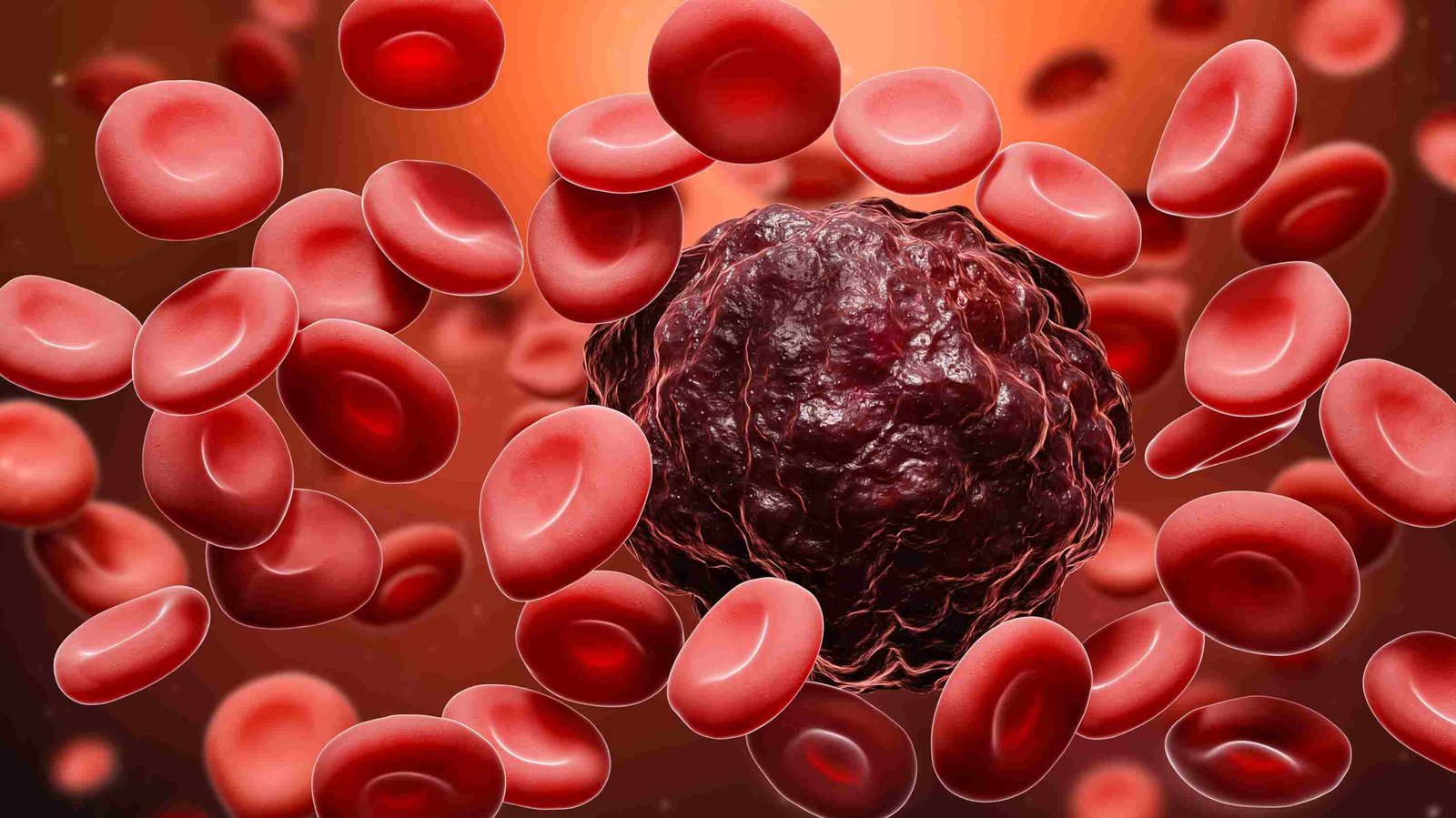
Leukemia
Lymphoma

Multiple Myeloma
FAQ
What are the symptoms of blood cancers?
Symptoms of blood cancers can vary depending on the type and stage of the cancer, but some common symptoms include fatigue, unexplained weight loss, frequent infections, swollen lymph nodes, easy bruising or bleeding, bone pain, and night sweats.
What are the risk factors for developing blood cancers?
While the exact causes of blood cancers are often unknown, certain risk factors may increase the likelihood of developing these diseases. These factors include genetic predisposition, exposure to certain chemicals or radiation, viral infections (such as the Epstein-Barr virus and human T-cell leukemia/lymphoma virus), immune system disorders, and family history of blood cancers.
How are blood cancers diagnosed?
Diagnosis of blood cancers typically involves a combination of medical history evaluation, physical examination, blood tests, imaging tests (such as CT scans or MRIs), bone marrow biopsy, and lymph node biopsy. These tests help healthcare providers determine the type, stage, and extent of the cancer.
CONSULTATION HOURS
Monday to Friday : 4.30 pm to 10 pm
Saturday: 2 pm to 5 pm
Phone Number
+91 72001 65148
+91 93447 46686


